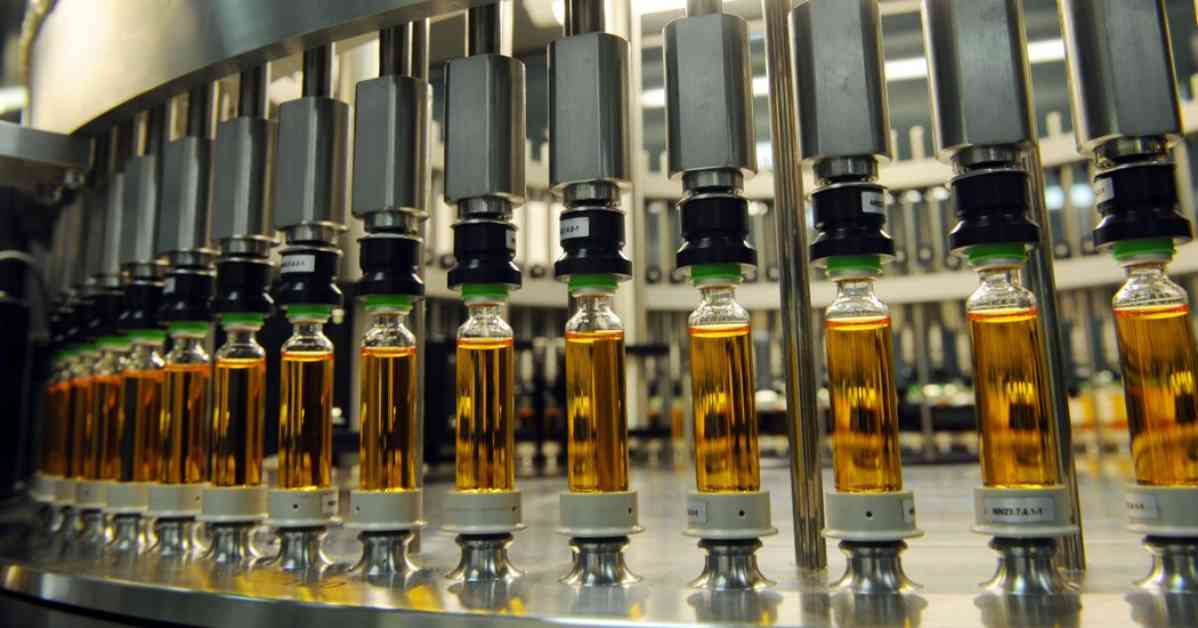South Africa is facing a critical shortage of human insulin pens, which are essential for people with diabetes. The pharmaceutical company Novo Nordisk, which has been supplying the country with these pens for the past decade, decided not to renew its contract, leaving the public health care system in a difficult situation. The company cited manufacturing capacity limitations as the reason for the shortage, as they prioritize the production of weight-loss drugs like Ozempic and Wegovy, which are in high demand in the United States.
The impact of this shortage is significant, as more than four million people in South Africa rely on these pens for their insulin delivery. The lack of access to essential medication like insulin can have serious consequences for individuals with diabetes, especially in low-income countries where the standard of care is already a challenge. Novo Nordisk’s decision to focus on more profitable drugs has left many patients in a vulnerable position, unable to afford or access their necessary medication.
Eli Lilly, another major producer of insulin pens, is also struggling to keep up with the demand for their weight-loss drug Zepbound. This indicates a broader trend in the pharmaceutical industry, where companies are prioritizing drugs that bring in higher profits, even at the expense of medications that are crucial for managing chronic conditions like diabetes. The shift towards weight-loss drugs in the global market is leaving behind those who depend on insulin pens for their daily health needs.
The situation in South Africa is a stark reminder of the disparities in access to care for people with diabetes around the world. While weight-loss drugs may be lucrative for pharmaceutical companies, they are not a substitute for life-saving medications like insulin. The global health community must address these issues and ensure that essential medicines are available to all, regardless of their ability to pay.
As we navigate the complex landscape of global health and pharmaceutical priorities, it is crucial to prioritize the well-being of patients and ensure that their needs are met. The shortage of insulin pens in South Africa serves as a wake-up call for the industry to reevaluate its focus and consider the impact of its decisions on the lives of millions of people worldwide. Only through a concerted effort to address these challenges can we truly make progress towards a more equitable and accessible health care system for all.





















